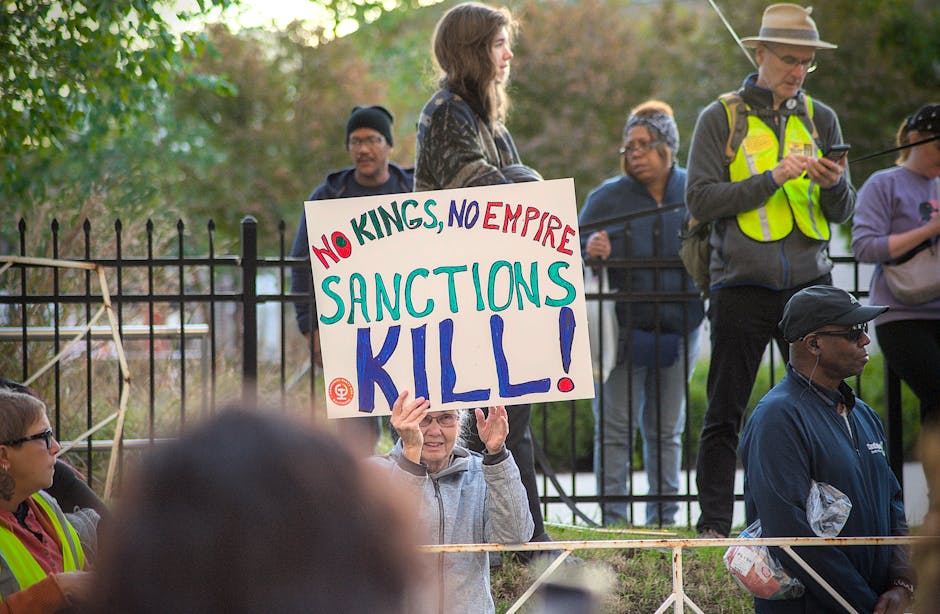In a significant political development, the U.S. House of Representatives has rejected a proposal that would have automatically registered all men aged 18 to 26 for the Selective Service System, commonly known as the military draft. The measure, part of an amendment to the annual National Defense Authorization Act (NDAA), failed to pass, exposing a deep ideological divide on issues of government authority and individual liberty.
The Failed Proposal: Modernizing the Draft
For decades, U.S. law has required men to register with the Selective Service within 30 days of their 18th birthday. While the United States has relied on an all-volunteer military since 1973 and there is no active draft, the system maintains a list of individuals who could be called upon in a national emergency.
The defeated amendment, championed by a bipartisan group including Democratic Rep. Chrissy Houlahan, sought to streamline this process. Instead of requiring men to manually sign up—a step many forget, risking penalties like ineligibility for federal student loans—the bill would have used existing federal data to automatically register men aged 18-26 for the draft. Proponents argued this would create a more efficient, cost-effective, and equitable system, ensuring universal compliance without burdening young adults.
Why the US House Didn’t Pass the Bill
The proposal met with fierce opposition from an unusual coalition of libertarian-leaning Republicans and progressive Democrats. The core argument against the measure was not about the necessity of the draft itself, but about the principle of government consent and potential overreach.
Opponents, led by figures like Republican Rep. Chip Roy, framed automatic registration as a violation of individual freedom. They argued that placing citizens on a military conscription list without their explicit consent represents a dangerous expansion of federal power. “This is one of the most basic things: you’re going to automatically register people to go potentially die in a war… forcing them into a lottery,” Roy stated during the debate. This sentiment resonated with lawmakers wary of government intrusion into the lives of private citizens.
What Happens Next?
The amendment’s defeat means the current manual registration system will remain in place. Young men will still be legally required to register with the Selective Service upon turning 18.
While the vote halts the move toward automation for now, the debate it sparked serves as a powerful reminder of the ongoing tension between civic duty and personal liberty in American politics. The fact that the US House didn’t pass the bill to automatically register men highlights that even procedural changes to long-standing systems can ignite passionate debate about the fundamental relationship between the government and its citizens.




